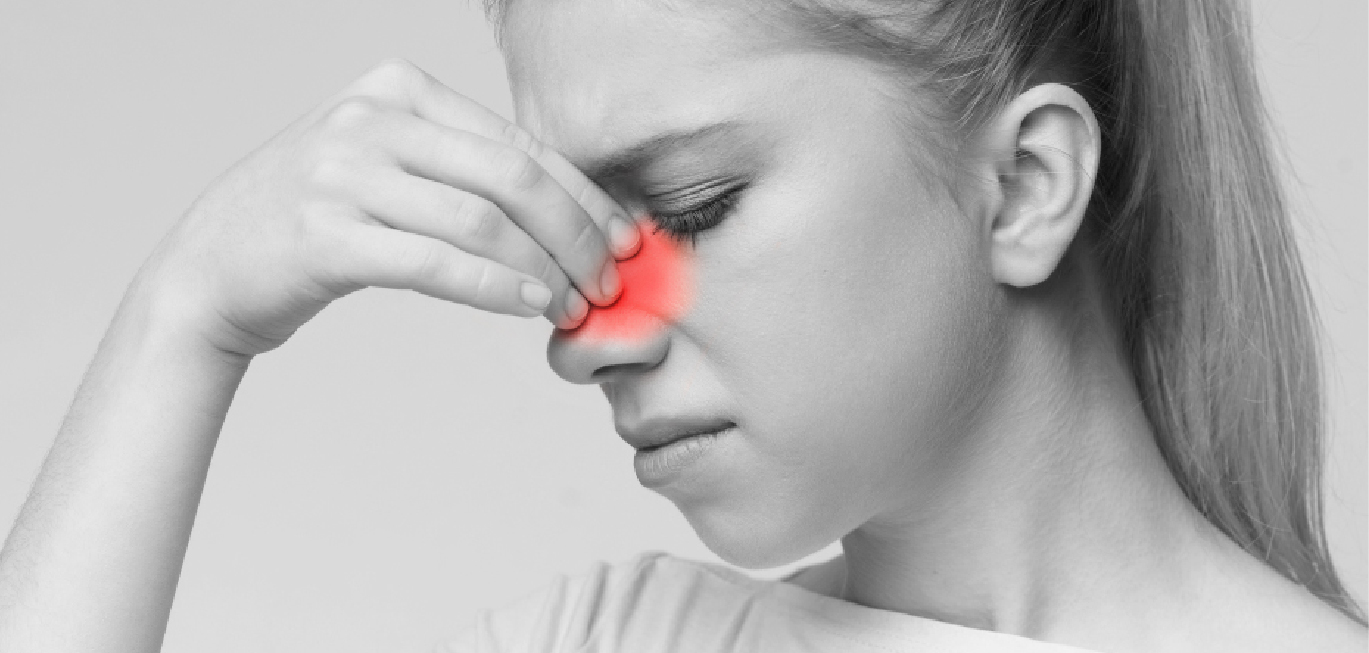
Allergies are heightened immune responses to substances that are typically harmless to most people. This allergic tendency is called atopy. The term atopy, which means absurd in Greek, was coined by American allergists Arthur Coca and Robert Cooke in 1923, describing an abnormal hypersensitivity to environmental stimuli.
“Atopy is a tendency of an individual to develop sensitization to certain environmental or food antigens and then produce a clinical syndrome called allergy. These individuals tend to have a history of allergies in the family, making them genetically predisposed,” says Dr R Narasimhan, Allergy & Asthma Specialist at Allergy, Asthma & Chest Centre, Bengaluru.
Atopy: An interplay of gene and environment
The first documented family history of atopy is from the Julio-Claudian dynasty, where emperor Augustus (the first documented person with atopy) suffered from bronchial asthma, seasonal rhinitis, and atopic eczema, while his grandson, Claudius suffered from rhino conjunctivitis and Augustus’ great grandnephew Britannicus suffered horse dander allergy, showing a genetic link to allergic tendencies.
According to Dr Narasimhan, developing an allergy is a complex interplay of genes and environment, and an atopic predisposition doesn’t guarantee that a person will develop an allergy.
Atopy and its various manifestations
“Atopy can be manifested as several conditions such as asthma, allergic rhinitis (hay fever), atopic dermatitis (eczema), allergic conjunctivitis, and food allergies,” says Dr S Z Jafrey, Pulmonologist and allergist, Indore Chest, and Allergy Center, Indore.
Allergic bronchial asthma and allergic rhinitis are the common atopic manifestations, followed by other allergic tendencies such as atopic dermatitis and conjunctivitis. Two or more allergic conditions can coexist in an individual at the same time or at different times.
“The co-existence of allergic dermatitis, asthma and allergic rhinitis is called an atopic triad,” points out Dr Narasimhan.
Atopic march
Atopic march or allergic march is the progression of allergic conditions over time, beginning in childhood and continuing into adulthood.
Explaining the course of an atopic march, Dr Jafrey says that initial manifestations of atopy are usually seen as atopic dermatitis, which can develop as early as birth and infancy and is characterized by dry, sensitive, porous skin, and intense itching.

Allergic dermatitis is often followed by food allergies, like nut allergy, egg allergy and shellfish allergy.
“By the age of 6, atopic dermatitis tends to subside and the child develops respiratory allergies like allergic rhinitis, which is characterized by sneezing and blocked nose. These symptoms can gradually progress into allergic Asthma” says Dr Jafrey.
The process of sensitization
Sensitization is the first step towards developing an allergy. Sensitization is where a person with atopy gets exposed to the allergen for the first time. Allergic reactions don’t happen on the first encounter with an allergen, but the immune system of the atopic individual registers the allergen and prepares itself to produce an allergic reaction in the subsequent encounters.
“When the sensitized individual comes in contact with the allergen, they will react by producing a hypersensitivity reaction, which causes the various allergic symptoms.” Says Dr Narasimhan.
However, not all sensitized individuals may develop an allergy.
Dr Narasimhan says that some people may test positive for allergies during allergic tests like blood or skin prick tests. This means that they are sensitized to an allergen, i.e., their body has the specific Immunoglobulin E (IgE) antibodies in blood. IgE antibodies play a role in mediating allergic response. However, they may still not develop an allergic reaction on encountering the allergen.
Treating and managing allergies
While allergies cannot be cured, they can be treated and kept under check effectively.
“Management of the allergy involves avoiding the trigger, allergen immunotherapy (desensitization) i.e. allergy vaccines and shots and pharmacotherapy which involves antiallergic drugs,” says Dr Jafrey.
Dr Narasimhan recommends seeking timely treatment to avoid progression of allergies. “For instance, ignoring upper airway symptoms like sneezing, may lead to its progression and cause lower airway symptoms like wheezing, chest tightness, and one may also end up requiring rescue medication,” he points out.
“Complications of not seeking timely treatment may also include restricted lung growth in childhood, rigid lungs, and a decline in lung function in adulthood,” adds Dr Narasimhan.
He also discourages discontinuing allergy medications without seeking medical advice.
Hygiene Hypothesis
Dr Jafrey explains Hygiene Hypothesis which involves early exposure to allergens in the environment like pollens, dust, microorganisms in childhood that can help the body get acclimatized to it by strengthen the child’s immune system. Too much hygiene in childhood can increase the possibility of a child developing allergies.
“Being exposed early to nature, animals can lead to the child developing a healthy immune response,” Dr Jafrey adds.
Takeaways
- Atopy is a genetic tendency to develop allergies.
- Atopic manifestations include allergic dermatitis, allergic rhinitis, allergic asthma and food allergies.
- Atopy usually starts manifesting in childhood as atopic dermatitis.
- Atopic march is the progression of atopic dermatitis to allergic rhinitis and asthma.

















